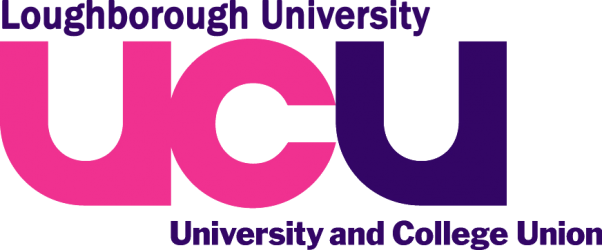UCU, Unite and UNISON: Professional Services Workload Survey Results
Please see below for the results summary for the UCU, Unite and UNISON Professional Services Workload Survey conducted in March.
We thank those of you who took the time to complete the survey and assure you that the results will be extremely valuable in providing direction for the Professional Services Workload Task and Finish Group. To drill deeper into the workload issues raised in the survey, the Task and Finish Group will set up staff focus groups. These groups will be open for all Professional Services staff to join (union members and non-members), and a communication will be sent out shortly to invite participation.
Unite, UNISON and UCU Professional Services Workload Survey – Results
Respondents are Professional Services staff who are union members (UNISON, Unite, UCU), 55% of whom worked from home.
In the year January 2020-Jaunary 2021, 81% of participants experienced an increase in their workload. Some participants are able to complete this additional work within their working hours, whereas others are unable to.
Working hours
32% are able to complete their work in their normal working hours.
30% are able to complete their work about 50% of the time in their normal working hours.
38% are rarely or never able to complete their work in their normal working hours.
Impact of additional workload on hours worked
In addition to their normal weekly working hours:
31% are working 9 or more hours.
44% are working between 3 and 9 hours.
18% are working between 1 and 3 hours.
7% are not working any additional hours.
Tasks left uncompleted to avoid excessive working hours
54% are leaving tasks uncompleted because they are unable to find the time to do them.
Potential Causes for increased workload
Impact of Technology & Processes
51% respondents’ workload has been impacted by the University’s technological systems and/or processes.
49% of respondents’ workload has not been impacted by the University’s technological systems and/or processes.
Impact of the Severance Scheme
40% of respondents’ workload has been impacted by the Severance Scheme
60% of respondents’ workload has not been impacted by the Severance Scheme
Impact of restructure in the last 12 months
49% experienced increased workload
51% did not experience a workload impact
Impact of workload on stress over the past 12 months
96% have experienced increased stress due to workload over the past year, with 19% reporting consistently feeling stressed.
Impact of workload on morale over the past 12 months
91% have felt demoralised, with 23% reporting feeling consistently demoralised.
Impact of workload on quality of service
78% reported an impact the quality of service delivered.
Workload management
9% reported regular workload reviews with their manager.
19% reported frequent workload reviews with their manager.
50% reported occasional workload reviews with their manager.
22% reported no workload reviews with their manager.
Summary of Discursive Comments
TECHNOLOGY
- Inadequate IT training for new tasks
- Lack of MS Teams training
- Wide range of systems and processes not linked, hence additional work required
- New technological systems have increased workload
- Learning to use and then find work arounds for functionality limitations
SEVERANCE
- Unachievable increased workload requiring work over contract hours
- Completing tasks above pay scale
- Driven to seek alternative employment
- Demotivated
- Increased workload, but supported by manager
- Loss of expertise and ability to provide a quality service
- Programme at crisis point – lack of planning for the future
- Loss of vital experience and expertise with no plan to replace
- Work-life balance seriously impacted
OTHER REASONS FOR WORKING OVER CONTRACTED HOURS
- Working from home
- Recruitment freeze/non replacement of leavers
- Additional responsibility, tasks or duties due to loss of expertise
- COVID-related University initiative
- Staff absence and/or furlough
NON-COST SUGGESTIONS FOR IMPROVING WORKLOAD
People Management
- Improve leadership and strategic task prioritisation: sharing tasks equitably; avoiding favouritism; ‘just do what you can manage’ isn’t helpful
- Greater consultation on new activities
- Streamline activity to focus on ‘need to do’ tasks all the way down from top to bottom
- Reduce last minute decision making through improved planning and notice for changes to complex systems
- Lower expectations from senior management
- Call on alumni to help out as the NHS have done with retired staff
- Review and update job descriptions – greater transparency over role expectations
- Distribute workload from those heavily impacted by Covid to those with no/limited additional workload
- Increase online meetings
- Introduce a culture of administration that consistently tests each procedure for the burdens it places on staff and continually aim for redesign to reduce burden
- Better communication between admin and teaching staff
- Better communication between management, team leaders and staff
- Flexible working
Processes
- Reduce the amount of assessments and move more online
- Reduce bureaucracy around PDR
- Reduce bureaucracy around form filling
- Better Agresso reporting
- Spread online labs over more days
- Remove the need for manual workarounds for dysfunctional online systems
Training
- Better training
- Increase staff confidence and proactivity to take on responsibilities
Other suggestions
- Cut the services we offer to students and better manage their expectations
- Change student menus to make them less labour intensive
Thanks
LUCU Committee

